|
My last blog entry was on 20th January and involved teasing hues from various food items to dye my old fashioned table linen. My biggest angst at the time was whether to add bicarbonate of soda or lemon to alter the pH pf my dye pot. Little did I know at that rosy and innocent time that the whole world would be, in politicians own words, ‘at war’ within a matter of weeks. It seems that we’re no longer enjoying the apparent safety of the planet, cocooned in Mother Nature’s bountiful and generally harmonious arms. We all knew about the distant tragedies she could invoke – from Ebola to famine and tsunamis – but we didn’t think it would ever sit so quietly on our own doorstep. In the western world we soothed ourselves with the thought that we had made such collective advancements that we could bat back anything nature dared to throw our way. We were smug in our unshakeable certainty that we were in control. Did we ever have safety anyway, or were we just labouring under the illusion of control that was never really ours? Don Miguel Ruiz writes in the book ‘The Voice of Knowledge’: ‘You know, most people around the world believe that there is a great conflict in the universe, a conflict between good and evil. Well, this is not true. It’s true that there is a conflict, but the conflict only exists in the human mind, not in the universe. It’s not true for the plants or the animals. It’s not true for the stars or the trees, or for the rest of nature. It’s only true for humans.’ A part of me balks at the simplicity of this statement, but upon further rumination I believe it’s mainly about acceptance. Only humans find it difficult to accept the universe on its own terms and try so hard to control life itself in an attempt to morph and sculpt into something we find more palatable. The truth is, we never had any control over life – as my Nana would have said ‘you never know when you’ll be hit by a bus’. In some ways, we are no less safe than we have ever been, it’s just that the illusion of control has slipped and we have seen the somewhat gut wrenching truth that lies behind our shakily constructed facades – we do not control what happens to us. One thing I do know for sure; non acceptance creates great inner conflict. I faced my own personal conflict as the coronavirus situation started to gather a worrying pace; I had a trip booked to Northern Ireland to visit my father who currently faces his own daily battles with cancer. I found myself dealing with a stark dilemma: should I visit him anyway, risk picking the virus up on the plane and passing it on to him? Or should I exercise caution but possibly miss seeing him for the last time as is his life is taken by cancer? It was a quandary that I selfishly let him make the call on – he firmly wanted me to come. Whilst back amongst the warm treacle accents I managed to visit Armagh for an exhibition of Troubles Art – on the very same day that the First Minister and Taoiseach were meeting in the town to discuss their respective approaches to the coronavirus crisis. An external and much greater danger had brought unity in their viewpoints for the time being at least. The artwork I viewed on that rainy morning was heavy and poignant – featuring, amongst others, imagery of Belfast residents riding black taxis at another time that public transport had been deemed unsafe. I’m back in England now and I did not transmit coronavirus to my Dad. My own battle armour has cracked open and I realise that underneath all the tough, capable, white knuckled, timetabled activity that has been my ‘normal’ life, there is a soft, emotional creature yearning to be guided by the sometimes terrifying intelligence of the cosmos. I am simultaneously in grief and yet utterly relieved that I’m off the treadmill and that something that was striving so hard has broken into pieces. What a strange and discombobulating mixture.
Rather than taking me away from my work on conflict, this crisis has only drawn me deeper in, as I realise that a departure from inner harmony can be as painful as an external war. I see connections springing up everywhere where before there were none; we now have a WhatsApp group connecting everyone living on our street with talks of street parties once this is all over. Did we need this conflict to draw us closer together? Or is that just a naïve wishful thinking? I hope not. Vaclav Havel wrote: ‘Either we have hope within us or we don’t; it is a dimension of the soul; it’s not essentially dependent on some particular observation of the world or estimate of the situation. Hope is not prognostication. It is an orientation of the heart; it transcends the world that is immediately experienced, and is anchored somewhere beyond its horizons. Hope, in this deep and powerful sense, is not the same as joy that things are going well, or willingness to invest in enterprises that are obviously headed for early success, but, rather, an ability to work for something because it is good, not just because it stands a chance to succeed.’
0 Comments
Leave a Reply. |
AuthorAbout Northern Ireland; conflict, walls & resolution Archives
October 2023
Categories |
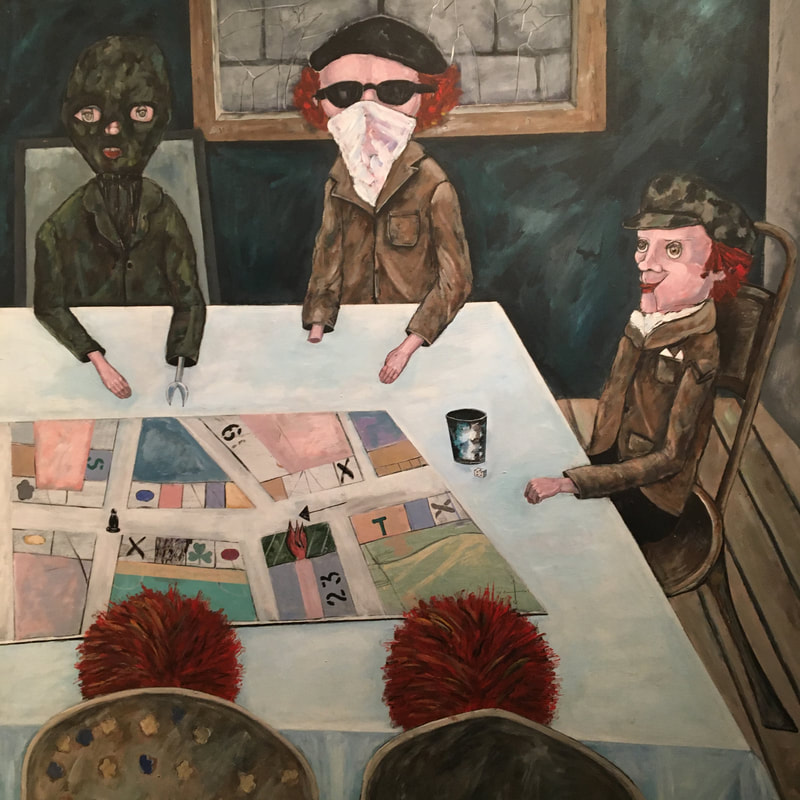
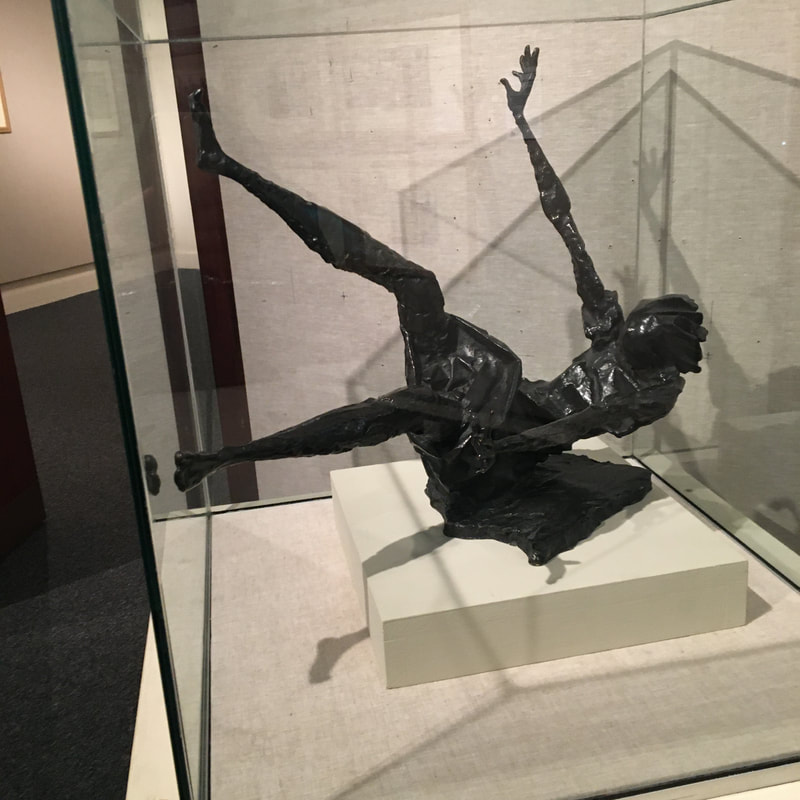
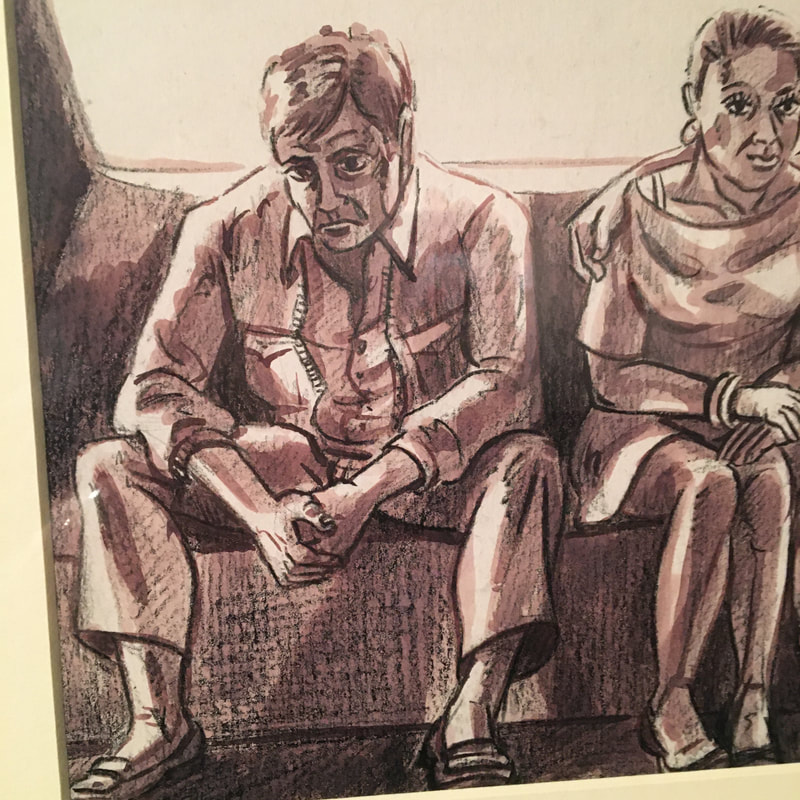
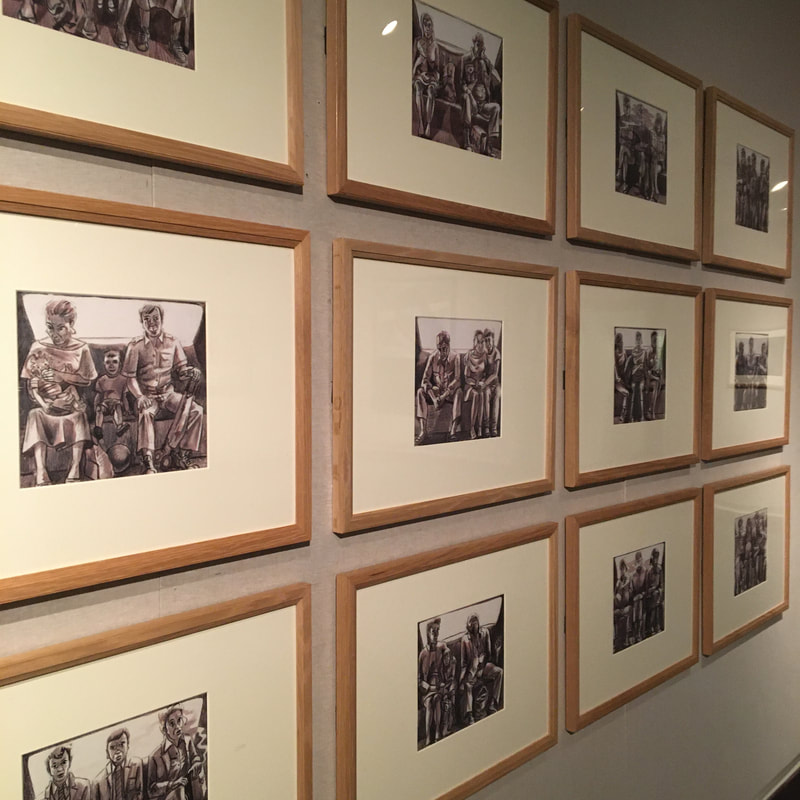
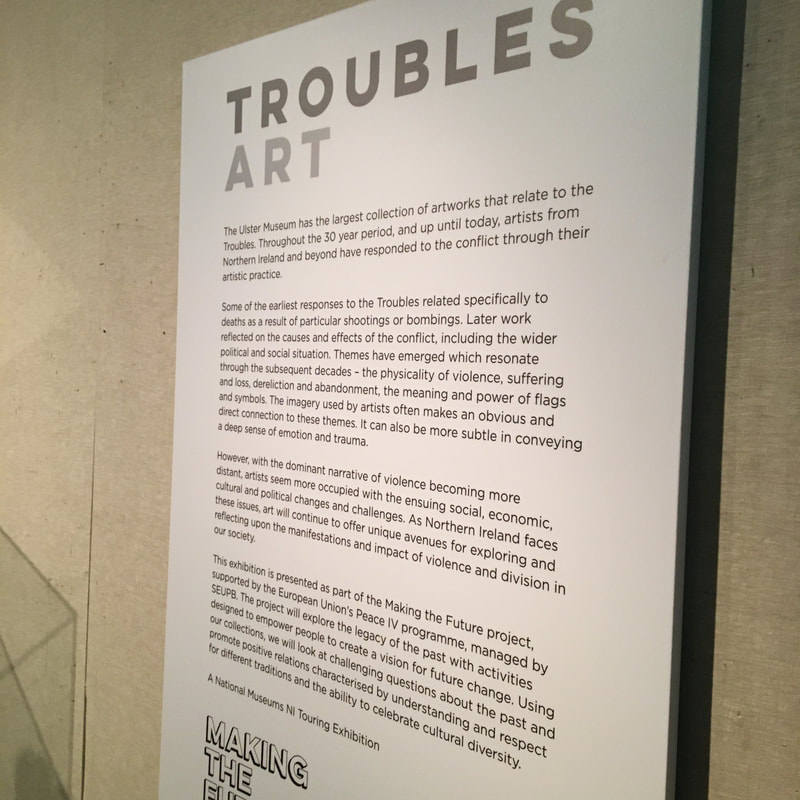
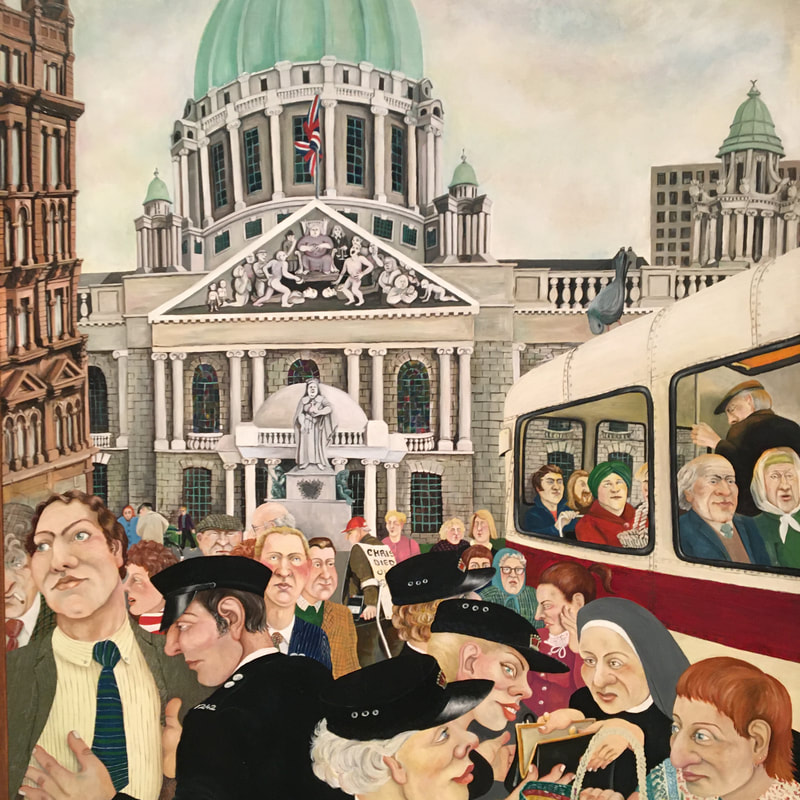
 RSS Feed
RSS Feed